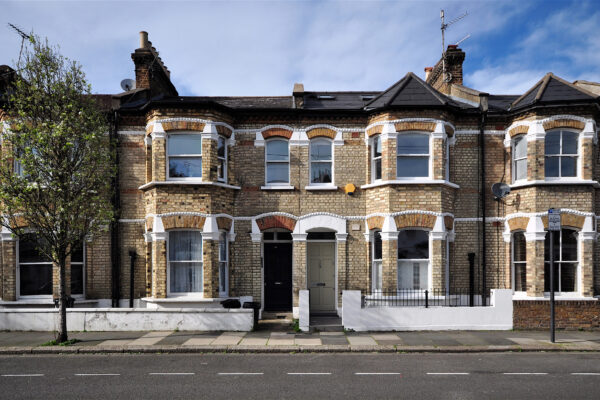Buy tickets now
Di Bari v Avon Ground Rents – Space Apartments, London N22 – a new case on remediation orders

This decision follows on from the Tribunal’s decisions in Waite v Kedai (Leigham Court Road), Culpin v Stockwood(Orchard House) and Mistry v Wallace (Centrillion Point). The decision is an important addition to the growing case law.
The following are three short take-away points of significance.
Requirement under the lease or an enactment
The first point is whether timberwork to the balconies and roof terraces, which were demised, could be included as specified works within the remediation order.
On behalf of the landlord, it was argued that section 123(3) was not engaged because it was not required under the lease or by virtue of an enactment to repair or maintain anything relating to the relevant defect.
Although the decision itself is short on this point, during argument the Tribunal considered in considerable detail various obligations imposed contractually and under primary and secondary legislation. Tribunal concluded that the none of these gave rise to the necessary “requirement”.
The Tribunal determined (para. 51): “The result is therefore that the tribunal is unable to include within a Remediation Order a requirement to take up the decking and replace it with alternative materials.”
Balance of prejudice
The second significant point is that notwithstanding its finding that “it is clear that the [landlord] is engaging in the process and is willing to carry out the works” and “we do not doubt the [landlord’s] intentions to carry out works”, the Tribunal decided the question of whether an order was appropriate by adopting a ‘balance of prejudice’ test (paras. 61 and 62).
Additional orders
Finally, the Tribunal considered various additional orders to be within its jurisdiction: for reports at the conclusion of the works (para. 75); compliance with building regulations (para. 81); a post-works FRAEW and an EWS1 (following the form of order made in Kedai).
Controversies
Each aspect of the decision referred to above raises a point of potential controversy
As to the exclusion of the decking from the order, can it be said that a landlord is not required by an enactment to remedy combustible timber decking even where the lease does not impose that obligation?
On the test employed, on what basis are questions under section 123 to be resolved by balancing prejudice given that section 123 makes no mention of prejudice? Is this a section 124 “just and equitable” test by another name? Does reg. 2(2) of S.I. 2922 No. 849 open the door to this?
And regarding additional orders, do case management powers alone confer the jurisdiction to order a landlord to produce a post-works FRAEW (in accordance with PAS9980) and a “clean” EWS1? Should such an order be limited to a post-works report which simply states whether or not a relevant defect has been remedied? Has the form of order made in Kedai set a wrong precedent? Will the form of order be affected by the proposed changes to section 123 included in section 113 of the Leasehold and Freehold Reform Bill which, if introduced, will add new sections 123(8) and (9) concerning expert reports and the enforceability of Tribunal directions?
The debate continues.
A copy of the decision can be found here.
This content is provided free of charge for information purposes only. It does not constitute legal advice and should not be relied on as such. No responsibility for the accuracy and/or correctness of the information and commentary set out in the article, or for any consequences of relying on it, is assumed or accepted by any member of Tanfield or by Tanfield as a whole.







